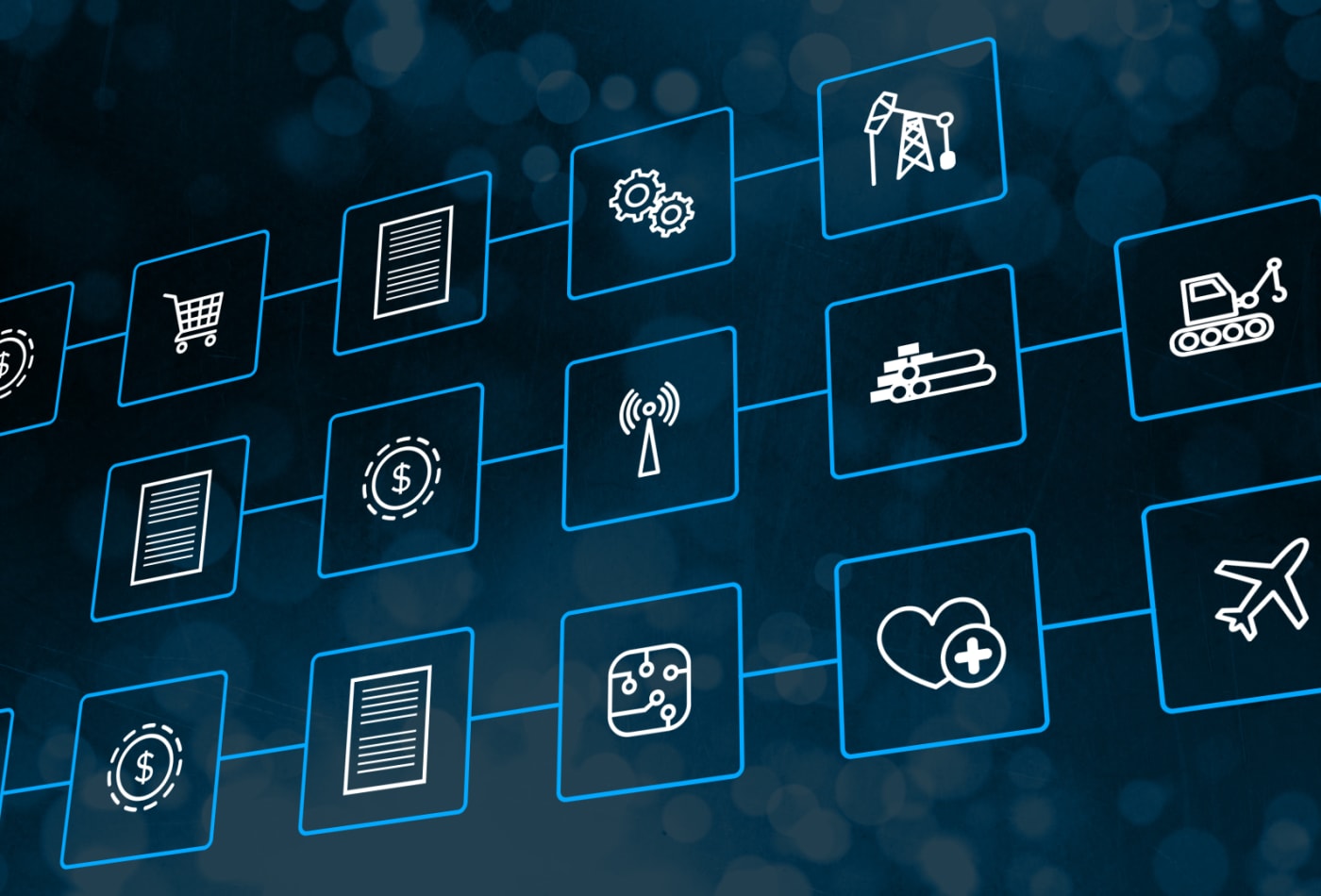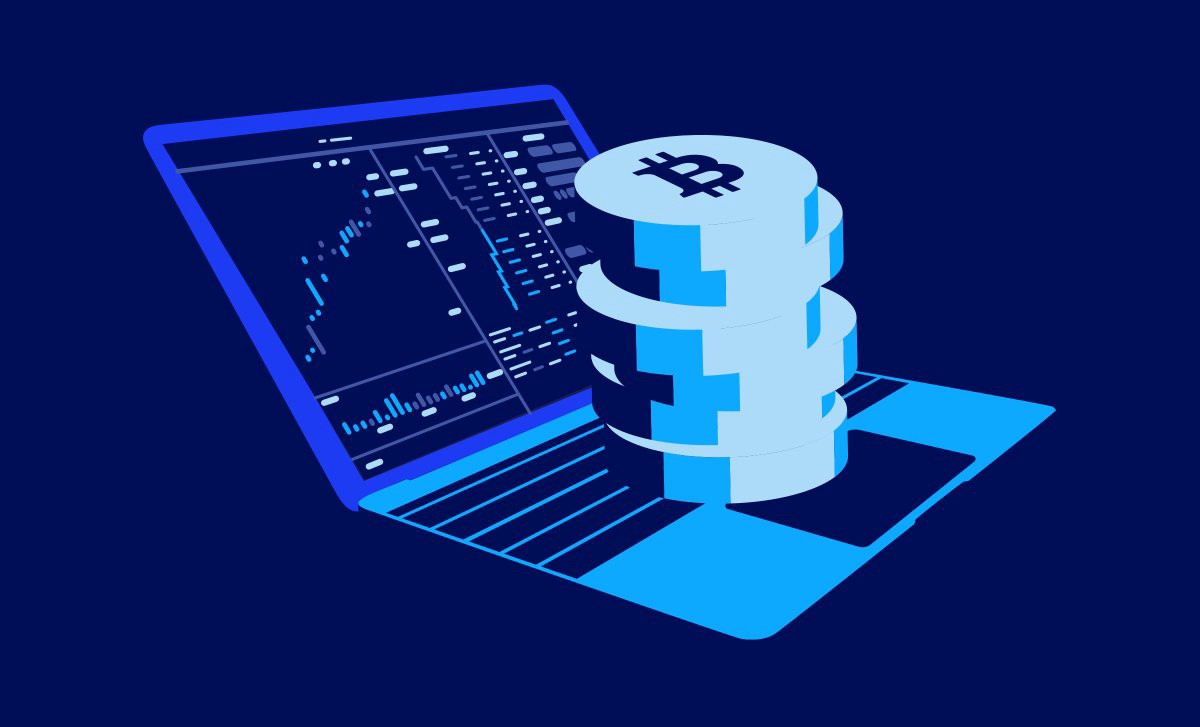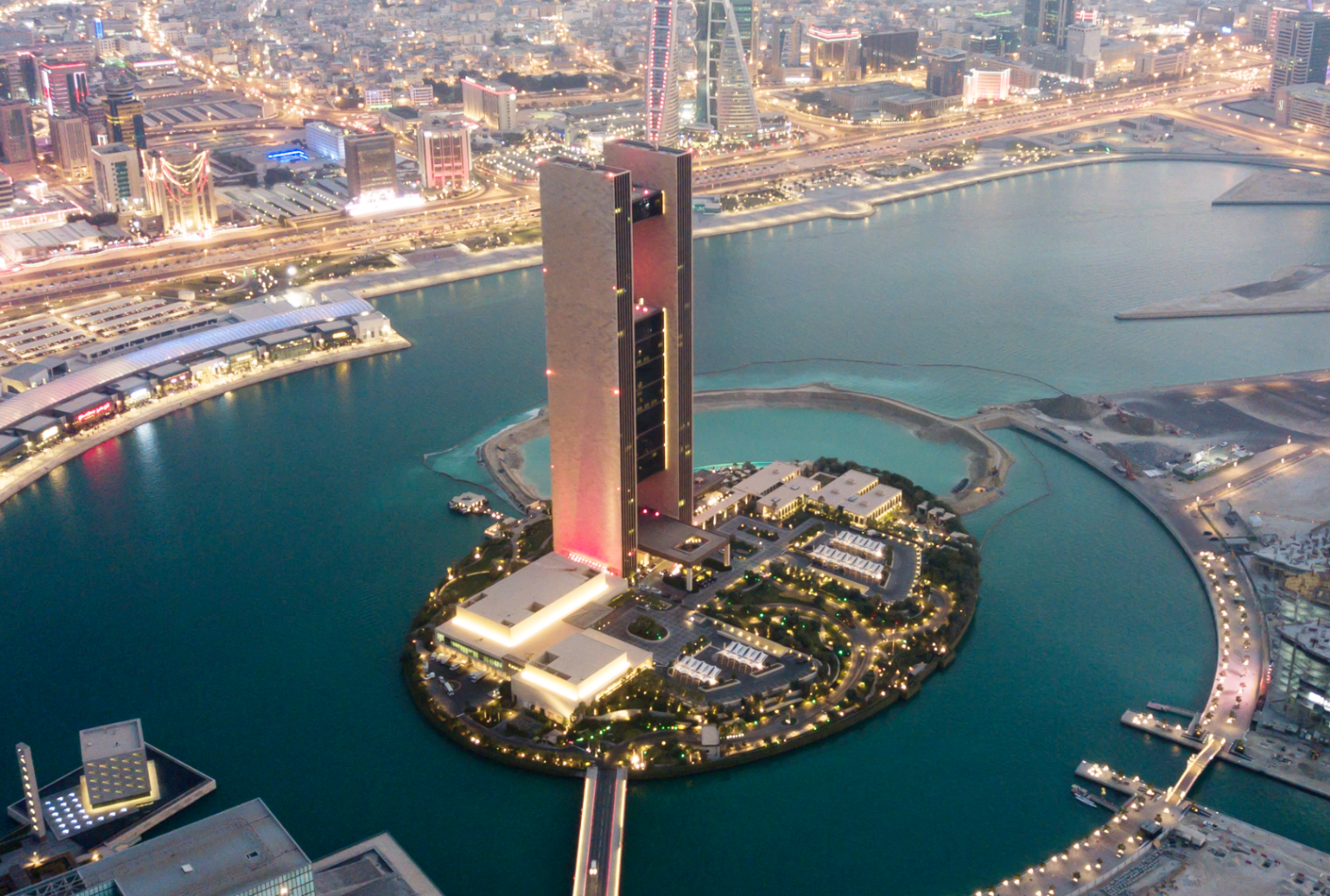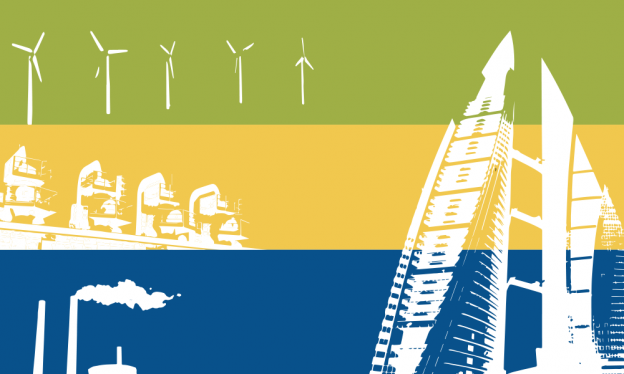Middle East Will Maximize Blockchain Integration

The level of digital transformation in payments has changed consumer behavior. Because of this, blockchain swelled, rising in a matter of minutes to its biggest daily gain since July, and other digital currencies surged in a rally that followed the largest monthly decline since May. In 2018, the United Arab Emirates launched a strategy aiming to transform 50 percent of government transactions into the blockchain platform by 2021.
A blockchain is a way of organizing data, in an encrypted ledger synced between a network of computers, often thousands or more, making the ledger virtually impossible to hack.
The Middle East has established itself as a global hub for innovation in financial technology, due in large part to the policies framed by regulators in the UAE who understand that the world is increasingly adopting cryptocurrencies and blockchain technology.
Apparently, there is a strong appetite for crypto and financial innovation in the MENA region. In the UAE alone, over the past two years, the total value of digital payment transactions has more than doubled and reached $18.5 billion in 2020.
The Arab Monetary Fund Support
The Arab Monetary Fund (AMF) issued today Tuesday, August 17, 2021, Policy Guide on “Strategies for Adopting DLT/ Blockchain Technologies in Arab Countries” prepared by the Arab Regional Fintech Working Group (WG), which AMF has its technical secretariat. The guide is being issued in the framework of the Fund’s endeavors to promote awareness of the requirements for developing the Fintech industry and supporting digital financial transformation efforts in Arab countries.
The guide aims to provide policy directions on how to adopt these technologies in the financial sector, how to employ them properly, the related pre-requisites; thereby improving the efficiency of financial and banking services. Primarily, enhancing support for digital financial transformation and financial inclusion efforts are discussed. The guide elaborates on the various types of Distributed Ledger Technologies (DLT) and blockchain. Furthermore, it also clarifies common myths and misconceptions about them, highlights their governance methodologies, and the initiatives of different countries in adopting these technologies, and how to formulate national strategies.
The representatives of Arab Central Banks, the Arab Monetary Fund (AMF), the Egypt Post, the Islamic Development Bank Group (IsDB), the World Bank Group (WBG), and Karam Legal Consultants members of the Arab Regional Fintech WG, as well as experts from the Organization for Economic Cooperation and Development (OECD), and the World Economic Forum (WEF) prepared and reviewed this guide.
The Future Blockchain Summit
Future Blockchain Summit will be co-located with five major tech exhibitions coming together to change the world’s digital sector on the 17-20 October 2021 at Dubai World Trade Centre: Ai Everything, Gitex Futures Stars, Fintech Surge, and Marketing Mania are all part of Gitex Global.
In Arab countries where this technology is embraced, its novelty and rapid evolution and the lack of qualified scholars in the field are reasons for its absence from the curricula of most universities and scientific research organizations, though there are some exceptions, such as King Abdulaziz City for Science and Technology in Saudi Arabia, and the Bahrain Institute of Banking and Finance.
Read for more information-
https://www.amf.org.ae/en/content/arab-monetary-fund-publishes-%E2%80%9Cstrategies-adopting-dlt-blockchain-technologies-arab-countries
https://www.futureblockchainsummit.com/home













